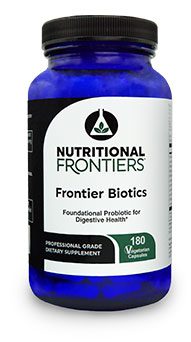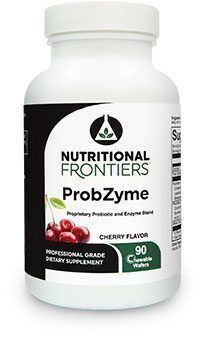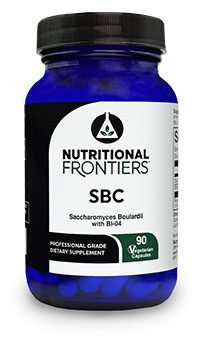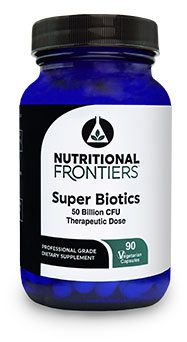Sections
- Antibiotics
- Artificial Sweeteners
- Aspirin & Stroke
- Blood Pressure Medications & Mineral Depletion
- Calcium
- Coenzyme Q10
- Diet & Lifestyle
- Food Allergies
- Nutritional Frontiers Purity & Potency
- Possible Imbalances From Medications
- Quality & Patented Research
- Quality, Purity, & Potency
- Targeted Nutrition
- The Benefits of Multivitamin Use Substantiated
- The Dangers of Over-The-Counter Pain Medications
- The Ins & Outs of Whey Protein
- Vitamin D Deficiency
- What’s In Your Multivitamin?
- Why Choose Nutritional Frontiers Vegetable Protein Over Competing Brands
Antibiotics are common medications that are prescribed to treat various infections and are used today in many commonly eaten foods. These foods include meat and dairy products. Antibiotics work by disrupting the biological processes of microorganisms (bugs). Antibiotics are over prescribed with varying degrees of success to treat diseases like sinus infections, ear infections, urinary tract infections, bronchitis, pneumonia, infections with H. pylori, Strep throat, before dental procedures in some populations, for pregnant women infected with Group B Strep, and for many, many more conditions.
Many doctors and patients alike feel that antibiotics are overprescribed, which results in reduced effectiveness because of increased resistance of bacteria. While they can be very useful medications in certain specific circumstances, antibiotics can also be problematic, creating new symptoms while eradicating existing ones. Because antibiotics work by killing bacteria, they can be rather indiscriminate in their eradication, killing both beneficial as well as detrimental microorganisms.
The Digestive Tract: Beneficial Bacteria
The human digestive tract is lined with trillions of beneficial bacteria, called “gut flora.” There are 10 times as many microorganisms in the intestines as there are cells in the human body! Somewhere between 300 and 1000 different species of bacteria live in the gut performing important metabolic activities. Human hosts and their gut flora have a symbiotic relationship, with both parties benefiting from the coexistence.
One well-known side effect of antibiotics is diarrhea. This diarrhea is caused by the antibiotics killing the good flora in the gut along with the disease-causing bacteria. When the good gut flora are eliminated by antibiotics, this reduces competition in the intestines causing an imbalance of microorganisms in the gut, allowing for bad bacteria and yeast to thrive! Probiotics are supplements containing good bacteria to replenish the population of beneficial flora in the Gl tract.
How to Keep Your Gut Flora Thriving!
Use antibiotics only when absolutely necessary. Discuss alternatives with your doctor.
When you must take antibiotics, always supplement with a probiotics formulation.






